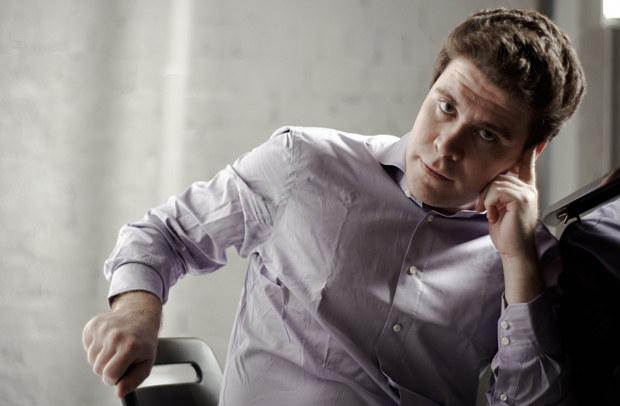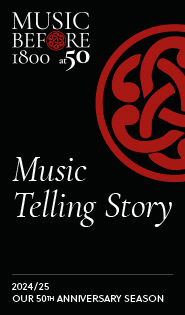Matsuev finds moments of calm amid rushing impetuosity
In his recital at Carnegie Hall on Sunday, Denis Matsuev showed a lot of what he has shown us before. The Russian pianist plays with a gigantic sound, heavy hands and a heavy foot. The piano absolutely booms when he plays it, and even if this might sound out of place in Haydn (the Sonata in E-flat opened the program), when he plays with such force, it’s hard to cavil.
What one can argue with is his pacing. Matsuev has a marked tendency to rush, allowing himself to steamroll through fast passages without restraint. Rather than electrifying, this habit generally confounds, causing his passagework to blur. So it was in the Haydn sonata, particularly in the finale, which he began before the last chord of the Adagio had faded. His syncopations were not crisp either, making it hard to follow the beat.
Beginning Schumann’s Carnaval, Matsuev exhibited another mannerism by launching into the “Préambule” without waiting for the audience to quiet down (he practically sprints on and off the stage). This is not every performer’s choice, but it gives him a kind of no-nonsense feel, a sense that he is playing for himself, and that the audience is invited to come along with him if they choose.
Much of the cycle was blustery, suffering from the same forward lean as the Haydn. “Pierrot” and “Arlequin” were bangy, and lacking in humor. But when Matsuev slowed down and allowed time for reflection, he brought some stunning lyricism in “Chiarina” and “Chopin,” with a bit of wit thrown into the latter as he tossed off the send-up of the great pianist. The finale, depicting David’s march against the Philistines, was booming, banging, and blustering, and impossibly grandiose.
The second half (performed out of printed order) began with Tchaikovsky’s tranquil Méditation. Here again, Matsuev took his time, letting the music breathe and come to life on its own terms. His account of the sorrowful Dumka was similarly thoughtful, albeit a bit reserved—a dash of unbridled passion would have served him well here.
Two Rachmaninoff preludes followed, first the ethereal one in G-sharp minor, which shimmered under Matsuev’s fingers. Then came the stomping, raucous G-minor prelude, in which the pianist let loose in the spirited dances. This was one of the few up-tempo selections on the program in which he showed restraint, and the result was a performance that was clear, but no less enjoyable for that.
The announced program ended with Rachmaninoff’s Sonata No. 2, which showed both of Matsuev’s pianistic sides. The opening Allegro agitato was luminous, and had a flowing spirit as he ran his fingers over the arpeggios. His playing was broad in the slow movement, and seemed to be ever expanding. Making time for himself, Matsuev showed his musical intelligence, singing through the keys with complete freedom. In the finale he unfortunately fell back into rushing—his stormy playing reached a boiling point and boiled over into confusion.
Matsuev always plays with obvious passion, but in fast material he often lets that passion get the better of him, hindering his ability to communicate with the audience. If only he would obey the second movement’s injunction, “Non allegro,” (or maybe add “non troppo” to the markings in fast movements) a little more often, his playing would be golden—where he gives himself time, the music stretches out beautifully, opening up and allowing a freedom of spirit to shine.
Matsuev came back out for six encores—An easy, assured Sibelius Etude in A minor followed a simple, ruminative account of “May” from Tchaikovsky’s The Seasons. He brought dark, passionate turbulence to Scriabin’s Etude in D-sharp minor, and struck a note different from anything else on the program with a tinkling rendition of Liadov’s The Music Box. Liszt’s Transcendental Etude in F minor had its accustomed fireworks.
Of the six, the last was by far the most memorable. Matsuev is an accomplished jazz pianist, and has made improvised jazz encores a trademark. Sunday’s fantasia on Take the ‘A’ Train was suave and spectacularly virtuosic, drawing repeated spontaneous cheers from the audience.





Posted Oct 27, 2016 at 9:05 am by Ed
Like I’ve always said, those who can do, those can’t become critics or teach and of course, those who can’t teach, teach teachers.